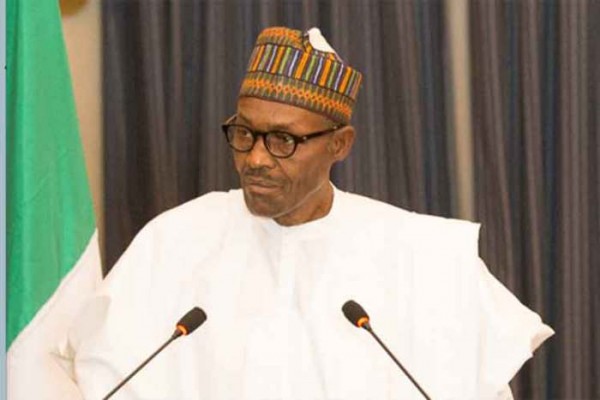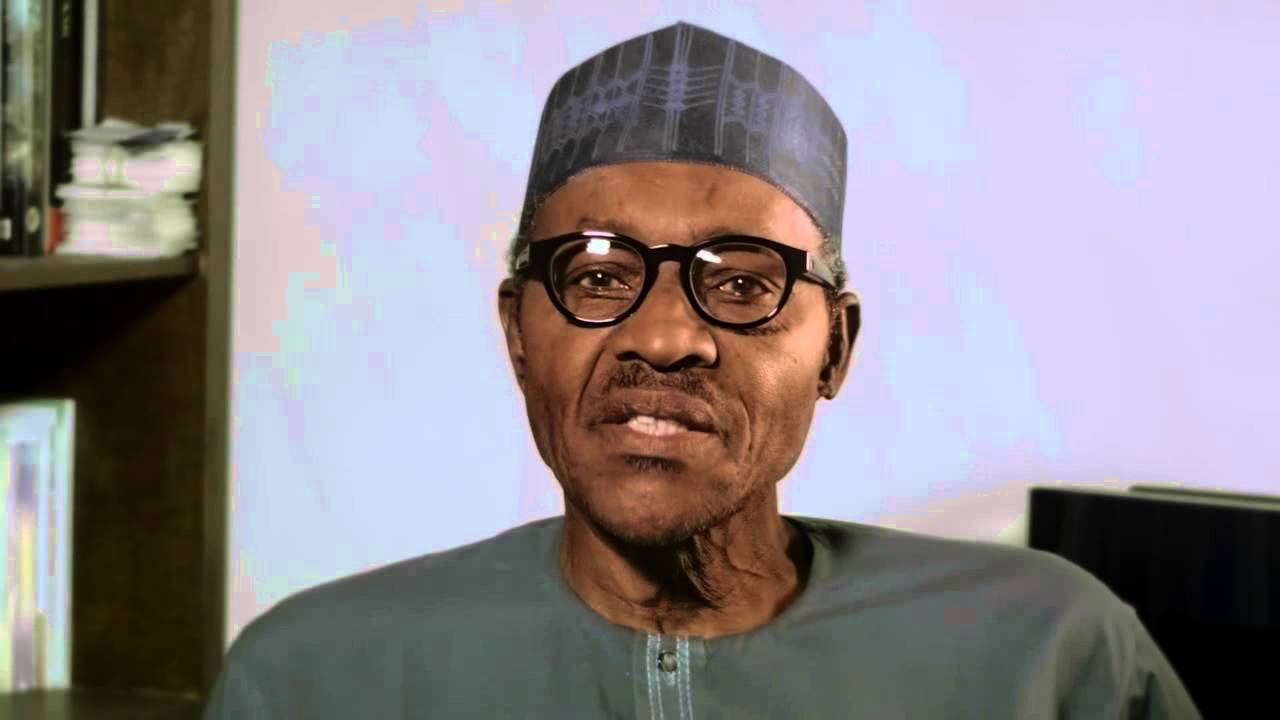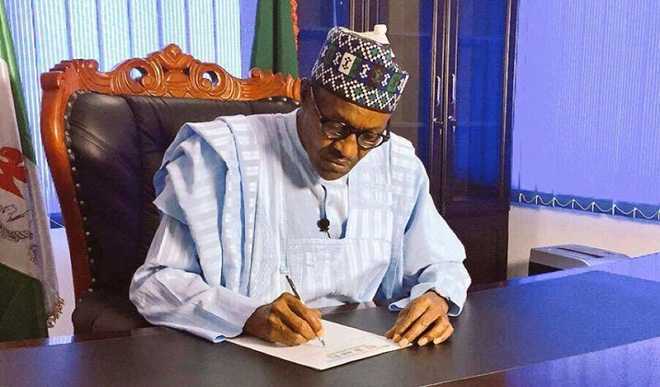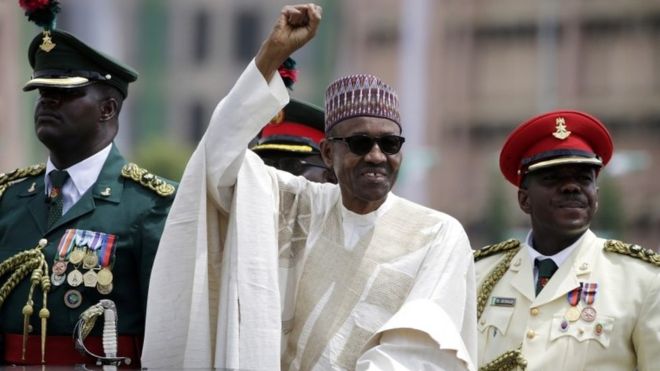By: Uche John Madu
When news of President Muhammedu Buhari’s three decades, a score and a half birthday assailed me a few days ago, I was caught off guard. As a Nigerian and now her president, Buhari has stolen a special space in my heart, occupying it permanently.
What else, Buhari is still the upright, straightforward, hardworking, stern, disciplined and incorruptible man he was over three decades ago. Admirable virtues no doubt, but these are qualities which crave for attention in Nigeria or Africa, where men of his breed are scarce. The sophistication of Buhari’s life at 74 has left me pondering all day, about Nigerians and Africans.
But as thoughts about Africa’s years of leadership void, flashed through me in rivulets, my heart nearly melted. Why not? A continent, the land of my birth, so richly blessed in human and material resources, did not only submit itself to the rape by colonial imperial powers, but has refused to rediscover herself, decades after the dissipation of shadows of colonialism.
Nearly in the whole wild world, it is only in Africa that poverty, hunger and disease mindlessly ravage its populations. It’s only in Africa that one can find sit-tight leaders either democratic or military. Africa bubbles with pervasive and reverting corruption. It is yet a continent which clearly has no focus or development agenda even on the dawn of the 21stcentury. Its development indices rank lowest in the world. Its peoples depend on foreign aid on virtually everything, including the crops, we are endowed to cultivate on our fertile lands.
In Africa, like painfully reflected in the creativity of the Ghanaian playwright, Ama Aidoo in the collection, “No Sweetness Here,” most leaders are half saints and half devils even when they stand on the pulpit, in the harrowed presence of God.
But it’s just today! Yesterday was different. Great Africa patriots and nationalists like Kwame Nkrumah, Patrice Lumumba and Zik of Africa, among others held the strew so positively strong for Africa. But the treasures are all lost in the fading shadows of the continent, which advances more in fantasies than reality.
Yet, this is the same continent, the Senegalese poet, David Diop painted endearingly in his poem, “Africa, My Africa,” much as his other intellectual contemporaries in literary works. But today, we are still on the apron strings of Western powers or the North, the East and the Asian continents.
We have ignored the counsel of Late Captain Thomas Sankera of Burkina Faso who admonished us that “We must learn to live the African way. It is the only way to live in freedom and dignity.”
It is for this singular reason I hold Buhari’s appearance on Nigeria cum Africa’s political scene in high esteem. Nigeria, Buhari’s country of birth has gone through excruciating pains. It is a country that has experienced leadership failure since independence. It is a nation heavily afflicted by corruption since the first republic. It is a country that ignores her enviable human and natural resources to cringe before foreign nations for all manner of aids. Nigerian indeed, suffers the most awful internal hemorrhage of poverty, misery and suffering.
Apart from the short-lived first republic and Buhari’s equally short hibernation with power from 1983 to 1985, Nigeria grovels before every phase of its existence as a nation raped and deprived. But Buhari feels the country ought not to be this afflicted.
Thus, when Nigerians decided in 2015 to once again allow Buhari the chance of leading them, it was a challenge one could say, he hated and loved at the same time. And in the last 19 months, Buhari has proven to be both a leader of Nigeria and Africa with desperate songs of rejuvenation.
A political analyst once said, Buhari has always leeched on Nigeria’s political scene in her worse moments. In 1984, much as in 2015, every Nigerian or African knew Nigeria was not only in chaos, but on the brink of total collapse. While accepting the challenge to lead Nigeria, Buhari was optimistic that the country can salvage itself despite the enormous damage.
Like his media adviser, Femi Adesina wrote, Buhari has come; “To serve humanity, serve his country, and make a huge difference. He was sent here to show that it is possible to be squeaky clean, play according to the rules, and live for others, not for primitive accumulation.”
But as Nigeria howls under his therapeutic surgeries, Buhari has shown that he is truly an African statesman.
He thinks more about Africa like his home country, Nigeria. So, when the Gambia exuded signs of a political implosion recently, with incumbent, but ousted President, Yahya Jammeh’s belated decision to contest the outcome of the election, after conceding defeat to President-elect, Adama Barrow, Buhari was on the team of ECOWAS mission led by its chairperson and Liberian President, Dr. Mrs Ellen Johnson Sirleaf to assuage frayed nerves.
Alongside, Presidents John Mahama and Ernest Bai Koroma, accompanied by Dr. Mohamed Chambas, Special Representative of the UN Secretary General to West Africa and the Sahel, Buhari’s first and last concern was to lay the template in Banjui that would ensure the will of majority of Gambian people as expressed through the ballot is not violated by power monks.
It explains why the coalition of seven political parties that backed Adama Barrow beckoned on Buhari when it became obvious ousted President Jammeh plots to rock the boat. “He also knows how the opposition thinks. He can feel what we feel. We are quite glad that President Buhari is here, it gives us a lot of hope,” the coalition optimistically opined.
Much as Buhari is concerned about cutting the cost of governance in Nigeria, he feels African nations deserve such cost-saving measures more than anything elsewhere. It was this spirit that informed his call to ECOWAS for a reduction in the cost of governance by African nations.
While addressing the 71st session of the United Nations General Assembly in New York recently, Buhari never concealed his passion for the development of Africa. He raised a voice in favour of reforms and the under representation of Africa in the United Nations Security Council, insisting on “equitable and fair representation and greater transparency, legitimacy and inclusiveness in its decision making.”
I dare say, Africa has been haunted by decades of despotic leaders in civilian and military garments. From Mobutu Sese Seko of Zaire; Omar Bashir of Sudan; Robert Mugabe of Zimbabwe; Paul Biya of Cameroun to Blaise Campaore of Burkina Faso and a lot more, who have pilloried their people and their countries while in leadership.
But Buhari feels African nations and their peoples deserve a better deal. He feels Africa is a great continent that should be in the avant garde of progress and development. The sort of progress exemplified by a few great African leaders, who inspire hope, such as Nelson Mandela of South Africa or the late Captain Thomas Sankera of Burkina Faso.
Therefore, poised to lead the crusade for Africa’s leadership renaissance at the dawn of the 21st century, Buhari has begun his symbolic emancipation mission in Nigeria, a country he leads. He believes Africa has no business to piteously depend on Western nations for survival, as it could harness its numerous resources to place itself in a conspicuous position on the world map.
It explains his passionate attachment to things that essentially define the African spirit and endowments. He schemes endlessly to ensure the continent utilizes its own resources for survival. He has sufficiently reflected this inclination in his second coming as leader of Nigeria to a rousing applause by a depressed people.
Therefore, when former British Prime Minister, David Cameron described Nigeria as “fantastically corrupt”, Buhari was deeply touched even though he knows it as the endemic problem of his country. So, he is determined to change the situation and leap Nigeria on the path of accelerated development, as attested by his current campaign on self-sustenance through the consumption and exportation of locally made goods to earn foreign exchange.
So, when Buhari declared in his 2017 budget speech that, “I will stand my ground and maintain my position that under my watch, that old Nigeria is slowly, but surely disappearing and a new era is rising in which we grow what we eat and consume what we make.
We will CHANGE our habits and we will CHANGE Nigeria,” it was his unambiguous expression of leadership rebirth in Nigeria and Africa generally. Happy birthday, my President, Muhammedu Buhari and at 74, may Almighty God grant you the grace to wax stronger in these ideals of leadership.




